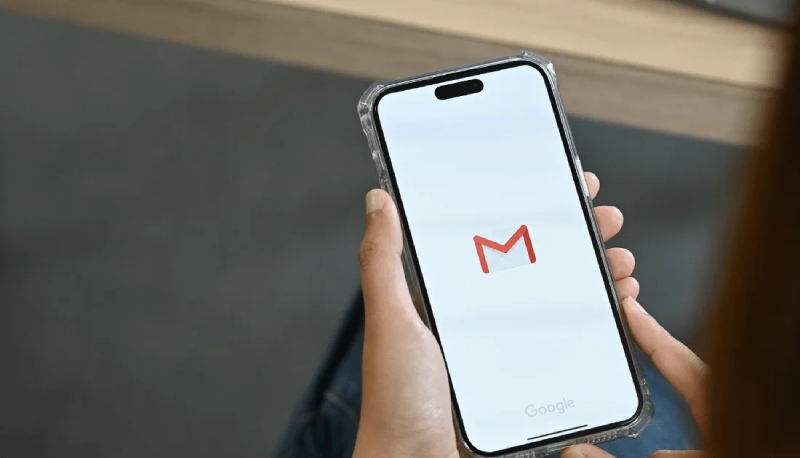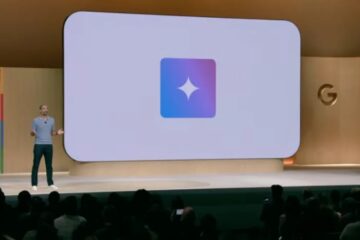Contextual smart replies can now be suggested in Gmail’s Gemini app

Gemini within the Gmail app is introducing a new capability that allows users to craft email responses efficiently using artificial intelligence (AI). This advanced functionality, called contextual smart replies, enables users to create comprehensive and detailed responses to incoming emails. Leveraging AI, this feature analyzes the email’s content and context to generate a tailored reply. Interestingly, Google had first introduced smart replies back in 2017, but those earlier versions were limited to short, one-liner responses. Currently, this enhanced feature is accessible only to Google Workspace users, leaving free Gmail users without access.
Handling email replies can be a daunting task, especially for individuals who receive a high volume daily. Google’s initial attempt to tackle this issue came in 2017 with the launch of smart replies, which offered machine-generated options of three quick responses to emails. However, these responses were usually brief and often lacked the critical details that the user might need to convey.
In a blog post published on Thursday, Google announced the new and improved contextual smart replies, an upgrade to the original 2017 feature. This advanced version leverages Google’s proprietary Gemini AI models to produce contextually relevant responses. When users access the email, these smart reply suggestions become visible.
After initiating a response, users are presented with multiple suggested replies at the bottom of their screen. Each suggestion displays the initial words and a glimpse of the content, and upon selection, the AI generates a more elaborate response, sometimes spanning multiple paragraphs. This response includes all the relevant information sought by the sender. Users can either modify this response further to suit their needs or send it as it is.
The feature is currently being deployed for Google Workspace subscribers who have the Gemini Business, Enterprise, Education, or Education Premium add-ons. Additionally, those with the Google One AI Premium subscription will also gain access. It’s noteworthy that this is an application-based feature, available on both Android and iOS platforms.


